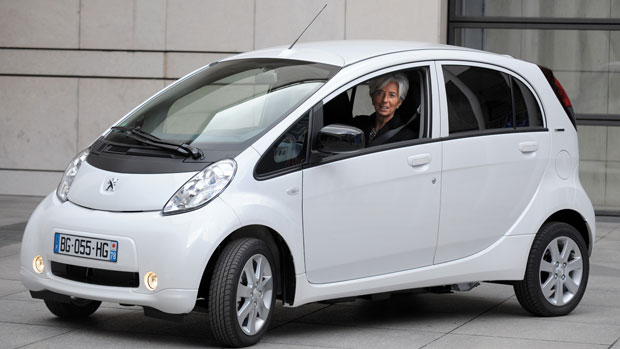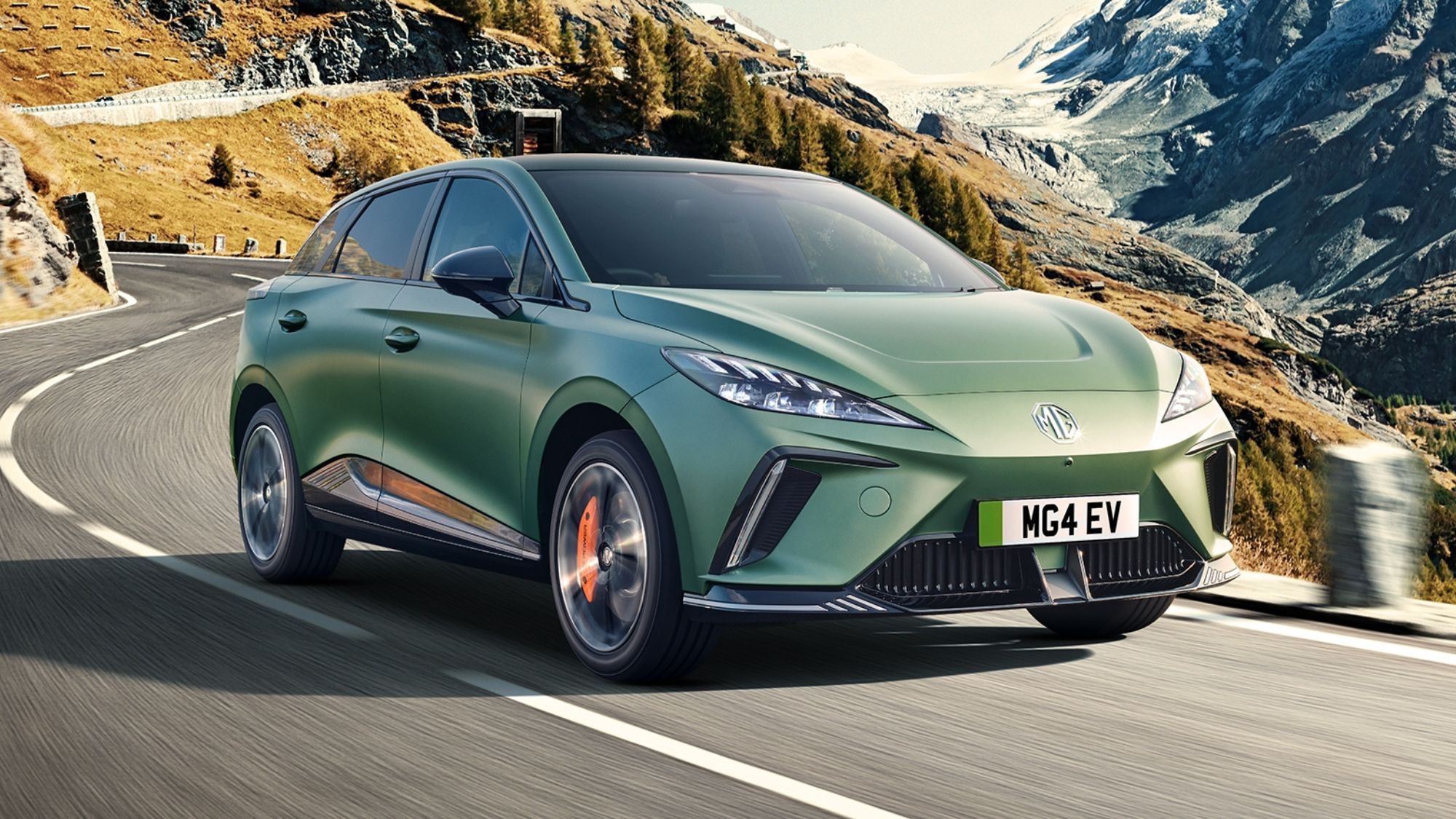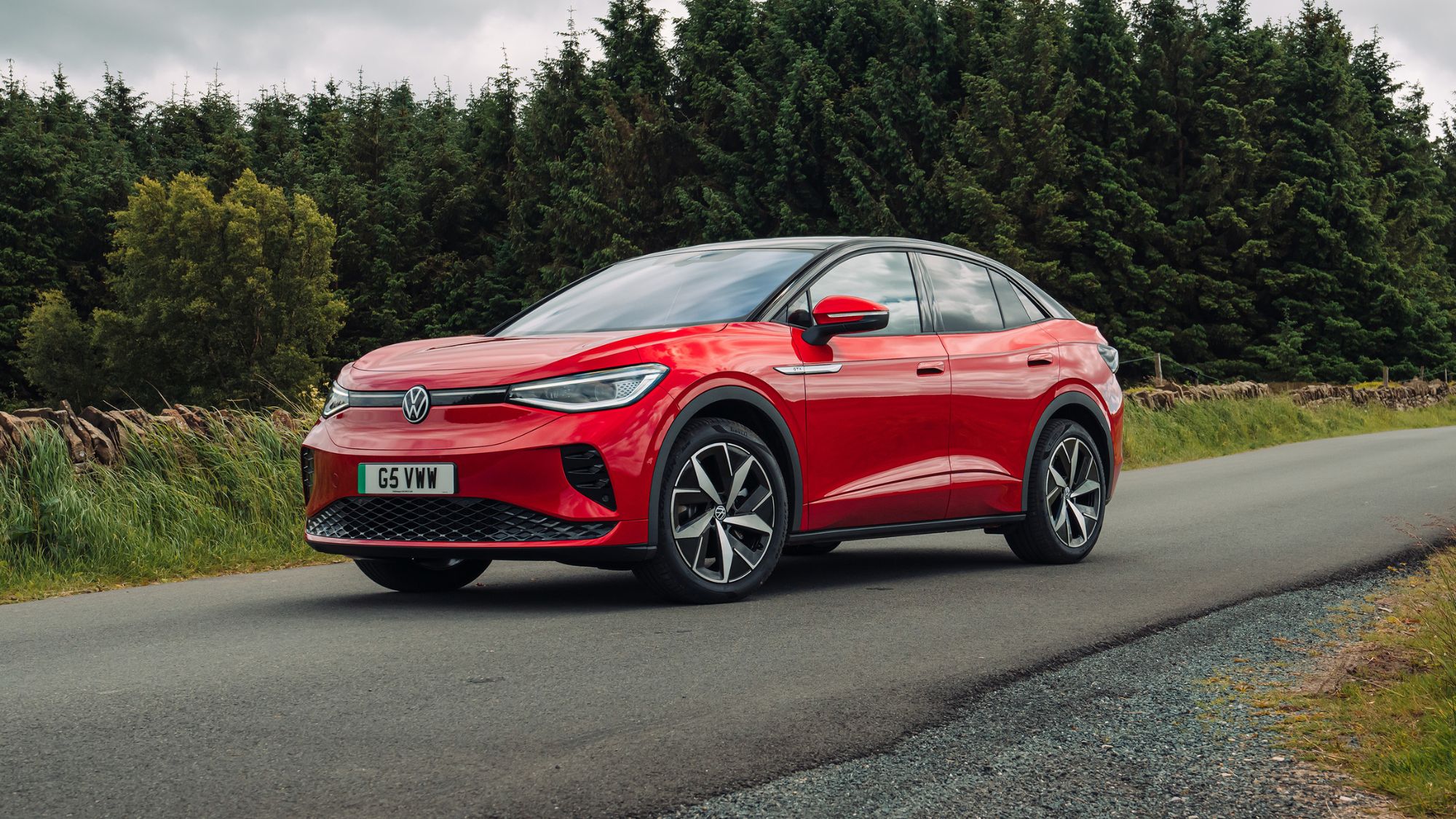Electric cars 'could cut oil imports by 40%'
Increase in electric vehicles could save drivers thousands of pounds but more government investment is needed

A free daily email with the biggest news stories of the day – and the best features from TheWeek.com
You are now subscribed
Your newsletter sign-up was successful
An increase in the number of electric vehicles on the road could see the UK's oil imports cut by up to 40 per cent, and bring numerous other economic and environmental benefits, a new study has revealed.
A shift to electric cars could save drivers £1,000 a year on fuel and cut carbon emissions by 47 per cent in the next 15 years, according to the study commissioned by the European Climate Foundation.
"The cost of motoring is still the number one concern for motorists so the fact that low carbon vehicles are driving down costs is great news both for drivers and for Britain's economy," said Edmund King, president of the AA.
The Week
Escape your echo chamber. Get the facts behind the news, plus analysis from multiple perspectives.

Sign up for The Week's Free Newsletters
From our morning news briefing to a weekly Good News Newsletter, get the best of The Week delivered directly to your inbox.
From our morning news briefing to a weekly Good News Newsletter, get the best of The Week delivered directly to your inbox.
A number of barriers stand in the way of a shift to electric cars, including consumer apprehension and a lack of recharging stations. Given the financial and environmental benefits of low carbon vehicles, pressure is mounting on the government to increase investment in the industry.
"There will be a transition in the next five to 10 years, but you won't see a sudden shift to electric vehicles until consumers have got over their 'range anxiety' concerns and that will only happen with infrastructure spending," Philip Summerton, one of the authors of the report, told The Guardian.
The conservative government was criticised for blocking an EU plan to boost the number of recharging stations, because of the high cost. However, government subsidies for new electric cars have begun to help the industry develop, say experts
"It can no longer come as a surprise to anyone that reducing emissions delivers commercial benefits to industry as well as benefits to the environment and consumers," said Darren Lindsey, head of government and public affairs at tyre company Michelin. "To maximise those benefits, however, international policymakers have to create a consistent and robust regulatory framework."
A free daily email with the biggest news stories of the day – and the best features from TheWeek.com
-
 The ‘ravenous’ demand for Cornish minerals
The ‘ravenous’ demand for Cornish mineralsUnder the Radar Growing need for critical minerals to power tech has intensified ‘appetite’ for lithium, which could be a ‘huge boon’ for local economy
-
 Why are election experts taking Trump’s midterm threats seriously?
Why are election experts taking Trump’s midterm threats seriously?IN THE SPOTLIGHT As the president muses about polling place deployments and a centralized electoral system aimed at one-party control, lawmakers are taking this administration at its word
-
 ‘Restaurateurs have become millionaires’
‘Restaurateurs have become millionaires’Instant Opinion Opinion, comment and editorials of the day
-
 BMW iX3: a ‘revolution’ for the German car brand
BMW iX3: a ‘revolution’ for the German car brandThe Week Recommends The electric SUV promises a ‘great balance between ride comfort and driving fun’
-
 The best new cars for 2026
The best new cars for 2026The Week Recommends From SUVs to swish electrics, see what this year has to offer on the roads
-
 Are plug-in hybrids better for America's climate goals?
Are plug-in hybrids better for America's climate goals?Talking Points The car industry considers a 'slower, but more plausible path' to reducing emissions
-
 EV market slowdown: a bump in the road for Tesla?
EV market slowdown: a bump in the road for Tesla?Talking Points The electric vehicle market has stalled – with worrying consequences for carmakers
-
 The week's good news: Dec. 14, 2023
The week's good news: Dec. 14, 2023Feature It wasn't all bad!
-
 MG4 EV XPower review: what the car critics say
MG4 EV XPower review: what the car critics sayFeature The XPower just 'isn't as much fun' as a regular MG4
-
 Volkswagen ID.5 review: what the car critics say
Volkswagen ID.5 review: what the car critics sayFeature The ID.4's 'sportier, more stylish twin' – but 'don't believe the hype'
-
 BMW iX1 review: what the car critics say
BMW iX1 review: what the car critics sayThe Week Recommends BMW’s smallest electric crossover has ‘precise’ steering and a ‘smart interior’